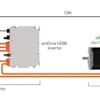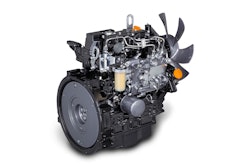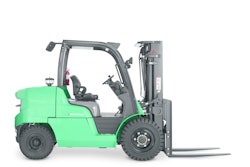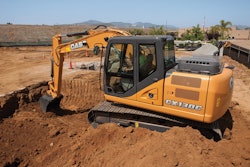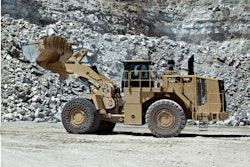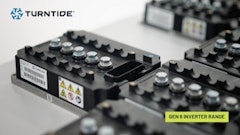The issue of PROCONVE P7 implementation was discussed during a panel debate on the first day of Integer’s 3rd Diesel Emissions Conference & ARLA 32 Forum Brazil.
Gilberto Leal, Senior Manager responsible for Engine and After Systems at Mercedes Benz do Brasil, reported that there is a clear, perceivable difference between PROCONVE P5 and PROCONVE P7 legislation and reported that PROCONVE P7 has increased the energy efficiency of vehicles by up to 12%.
Ugo Delfino, Product Engineering Director at IVECO Latin America, agreed that PROCONVE P7 has had a positive impact on air quality and has both reduced diesel emissions and improved fuel economy.
One of the greatest challenges that the industry faces in ensuring the legislation’s continued success is the price and quality of ARLA 32. Marcel Luiz do Prado, Product Portfolio Manager at Scania Latin America, revealed that a key challenge has been to convince customers of the long-term benefits of PROCONVE P7 trucks while the price of ARLA 32 is so high. A reduction in the cost for ARLA will improve fuel economies for customers and make PROCONVE P7 vehicles more attractive to customers.
The panel moved on to discuss the importance of quality control and monitoring of ARLA 32. The panel agreed that the legislation must be more rigorously enforced to ensure that ARLA is contaminant free and that the formal inspection and verification of compliance improves.
Rodrigo Chaves, Director of Engineering at MAN Latin America, reported that a major issue to the continued success of PROCONVE P7 is fuel supply. Chaves said that future legislation can only be introduced when the required fuel is widely available and that both the quality and supply of S10 and S50 diesel fuel is still below the optimum level.
Domingos Carapinha, Chief Engineer at INTERNATIONAL MWM, highlighted the impact of pre-buying of PROCONVE P5 vehicles before the PROCONVE P7 implementation deadline. This pre-buying created unsustainable demand in 2011 and saw a decrease in vehicle sales in 2012 resulting in difficulties in predicting production demand and managing an efficient logistical supply chain.
Despite these challenges, the panel widely agreed that the implementation of PROCONVE P7 has been successful in reducing diesel emissions but that lessons can be learned for future legislation.
The Diesel Emissions Conference & ARLA 32 Forum Brazil 2013 is taking place at the Renaissance Hotel in Sao Paulo from May 14 to 16. The conference has brought together over 220 key stakeholders from across the automotive industry, including manufacturers, policy makers, trade bodies and industry experts to discuss developments in diesel emissions.



